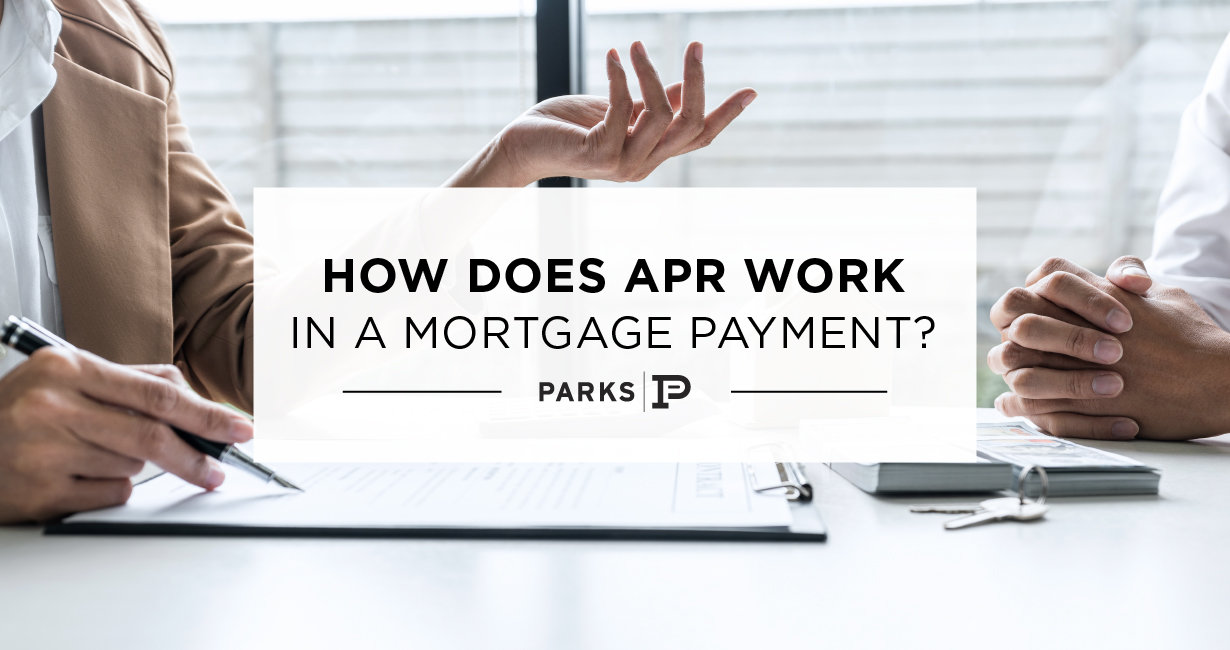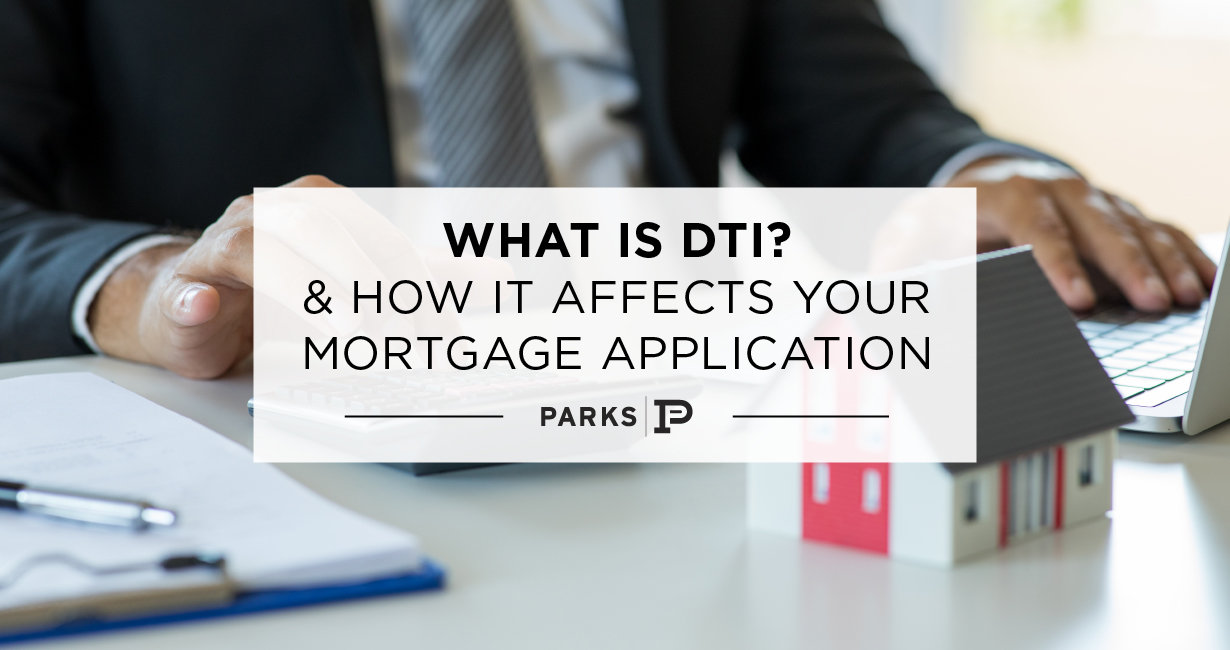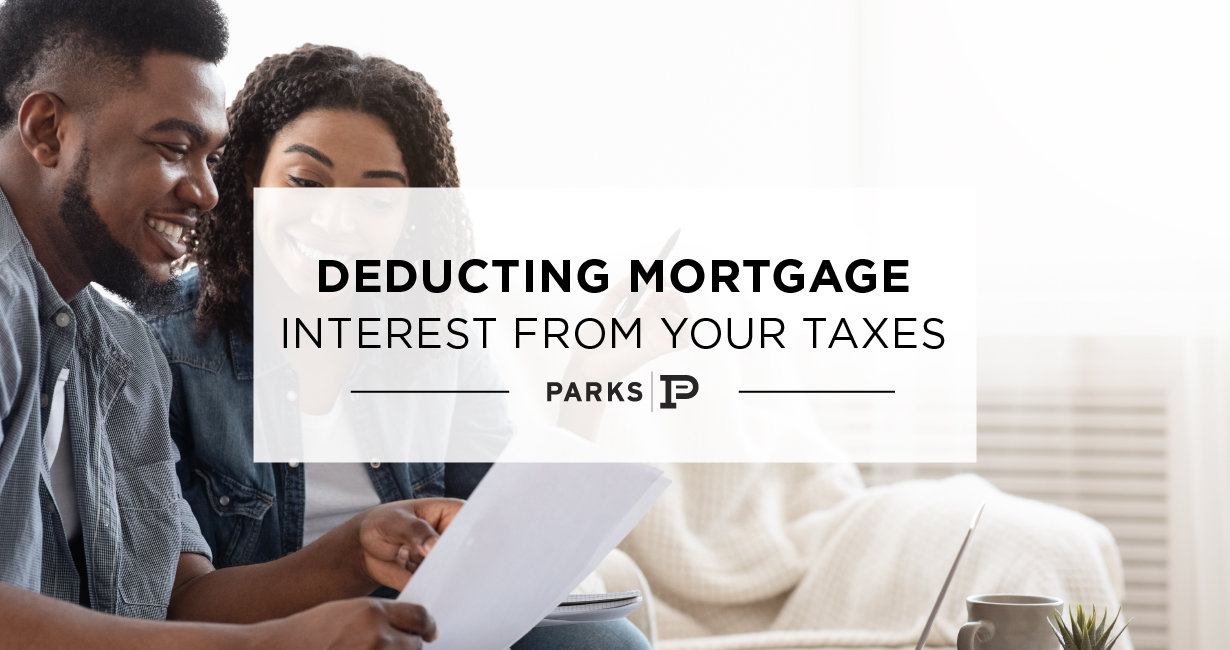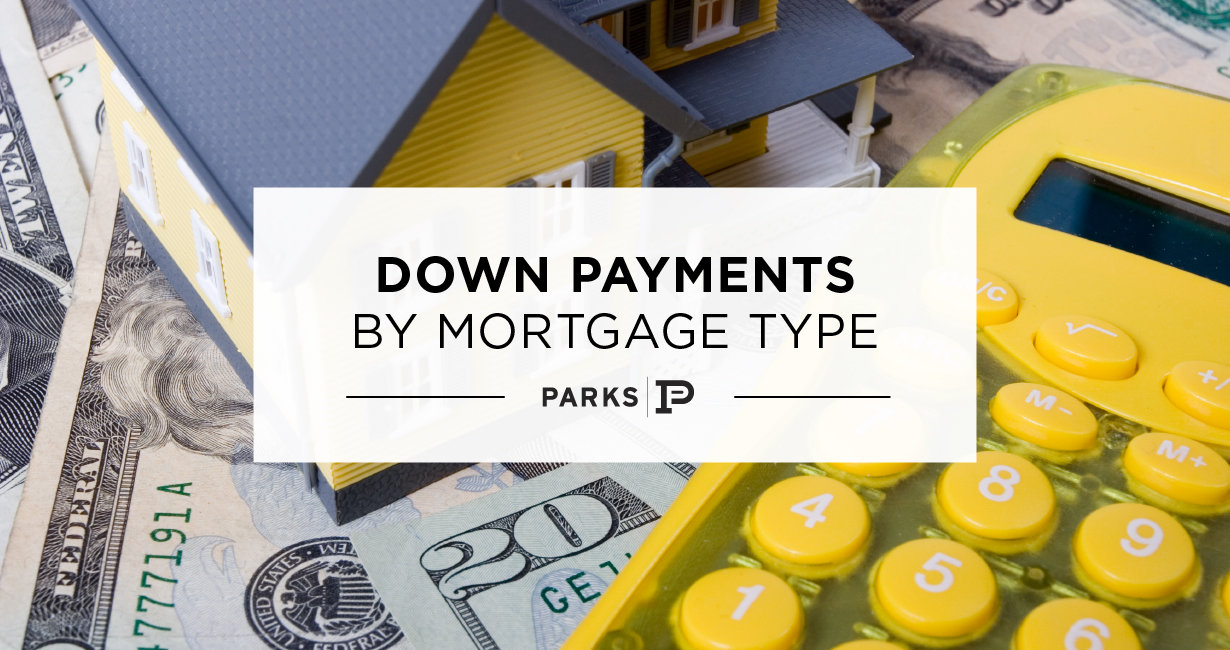
When you shop around for a loan, you may encounter the term APR or annual percentage rate. Some people think that interest rates and APRs are the same, but in reality, there are subtle differences between the two.
This article will explain what an APR is and how it's calculated and applied when deciding which loan is best for your goals.
What is APR?
Homebuyers usually look at interest rates attached to loans and pick the ones with the lowest rates. However, the lowest rate doesn't always mean it's the most affordable loan. Relying solely on interest rates to determine affordability ignores other factors like fees attached to the mortgage.
However, when looking at the annual percentage rate, you'll have a more precise and complete
…















